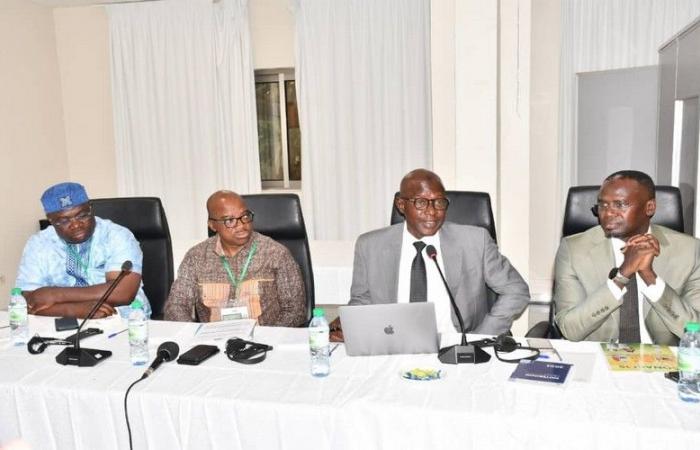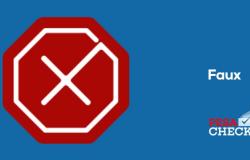
A crucial workshop was launched on Monday, December 16, 2024, in Dakar, the Senegalese capital, to discuss the management and protection of the “ENRICHI” logo, affixed to the packaging of fortified foods. This project aims to combat micronutrient deficiencies in West Africa. Representatives from the oilseed, milling and salt industries, as well as experts, came together to explore best practices in food fortification and regional recognition of the “ENRICHI” logo as a quality label.
This workshop, which takes place over three days, was initiated by the Association of Industrialists in the Oilseed Sector of UEMOA and ECOWAS (AIFO-UEMOA-CEDEAO), in collaboration with Catholic Relief Services (CRS) and the German cooperation (GIZ). It is part of the large-scale food fortification (LSFF) project, launched in September 2022 in Ouagadougou, Burkina Faso, with the objective of achieving coverage of more than 70% of consumers of fortified products in the countries of West Africa.
The “ENRICHI” logo plays a key role in this initiative. It aims to guarantee the quality and visibility of products enriched with micronutrients, thus facilitating their identification by consumers. “The issue of vitamin and micronutrient deficiencies is a major public health problem. It is crucial that the 'ENRICHI' logo becomes a regionally recognized symbol, serving as a label to identify enriched products,” said Amadou Sall Dial, president of the Senegalese Committee for the Fortification of Foods with Micronutrients (COSFAM).
During the opening ceremony, Mr. Sall underlined the importance of this meeting to find solutions to make the “ENRICHI” logo a distinct regional brand, thus facilitating controls and improving consumer discernment. According to him, Senegal is one of the most advanced countries in terms of managing micronutrient deficiencies, with worrying anemia rates, particularly among women of childbearing age. “We have anemia rates exceeding 51% among women of childbearing age. Senegal took measures since 2009 to combat these deficiencies, and we have significant results,” he added.
The large-scale food fortification project aims to expand people's access to fortified foods and promote healthy eating practices. Amadou Sall Dial recalled that Senegal's efforts in this area have served as a model for other countries in the region, thus contributing to the adoption of best practices to combat micronutrient deficiencies in West Africa.
El Hadj Dane Diagne, representative of the executive office of AIFO-UEMOA-ECOWAS, also insisted on the importance of the adoption of the “ENRICHI” logo by manufacturers in the oilseed, salt and milling sectors. “The adoption of this logo is in the interest of manufacturers, because it contributes to the quality of their products and the promotion of food health,” he said.
Fortification of foods with micronutrients is an essential strategy to combat nutritional deficiencies, particularly in children and pregnant women. These deficiencies can lead to serious health consequences, affecting the development and health of vulnerable populations. The “ENRICHI” project aims to strengthen collaboration between industrial sectors and health authorities in order to guarantee the effectiveness of this large-scale strategy.
Moctar FICUU / VivAfrik





